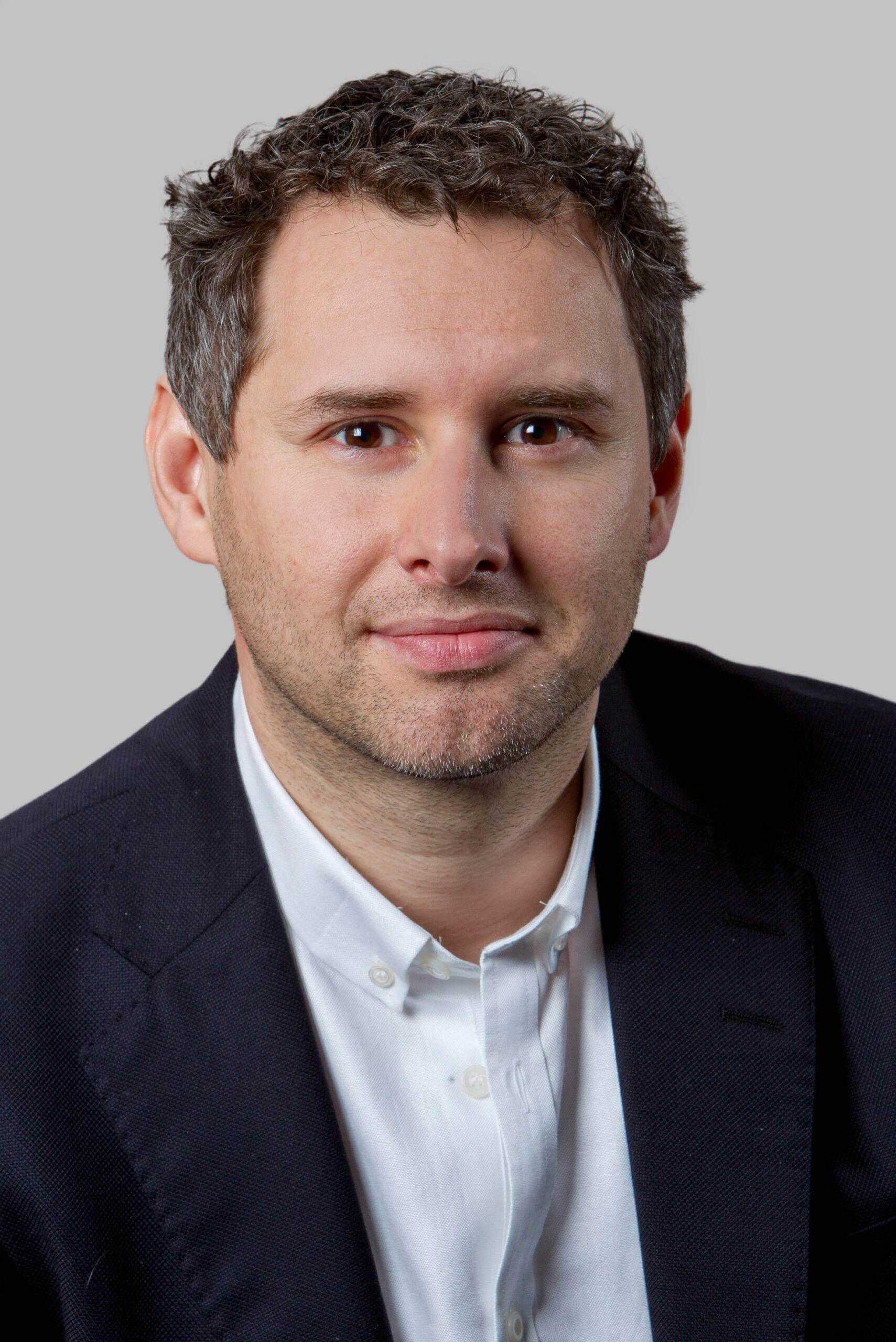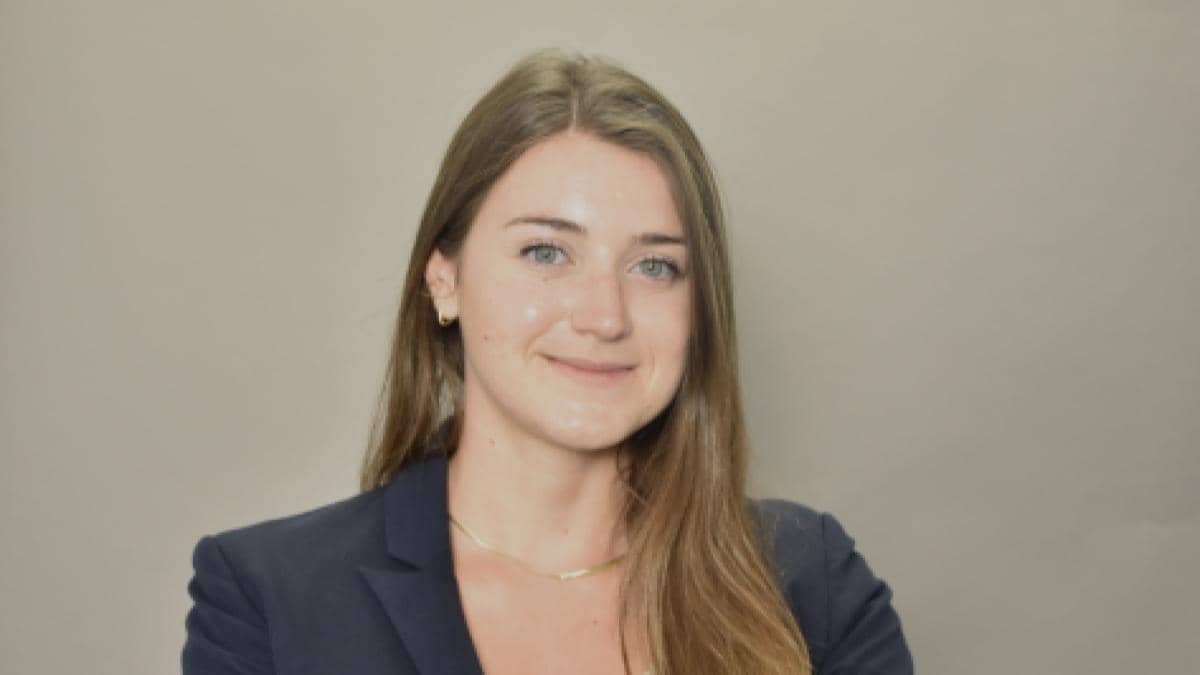Michal Majek, Chief Investment Officer at Tatra Asset Management

3 JUN, 2020
By Constanza Ramos

Michal Majek, CIO at Tatra Asset Management is our Fund Manager of the Month. Michal has been working at Tatra for 12 years. He started as a senior Portfolio Manager in 2008, he became head of Portfolio Management in 2016 and since 2017 he is the Chief Investment Officer and also a member of the Board.

Can you explain your background academically and how it pushed you into Asset management?
In my case it was probably the other way round. I was interested in financial markets before I started studying economics, studies were just a means of getting the theoretical basis behing markets functioning. So, already during my university studies I started working at a commodity brokerage company, first as an analyst, then as commodity trader. This experience gave me much more for my future career in asset management industry than previous education could. Trading the most risky financial instruments – commodity derivatives taught me all about risk management and taking care of your positions that I needed to know in order to switch to asset management company.

If you weren't in asset management what would you be doing?
My two real passions are sports and history. In my early youth I played ten years for one of the best football clubs in Slovakia and I saw myself a future football pro. Later, after careful deliberations, I realized I wasnt good enough in order to become very successful. Being average player and playing in lower leagues for my whole carreer did not feel quite exciting. So, I closed this chapter of my life and changed my focus to studies. But if I werent in asset management I wouldnt be a football player either. That train has left some time ago. More likely an archeologist or historian in order to fully utilise my love for history.
What differentiates your fund from others, and how does this differentiation bring value to customers?
As a CIO, I am not responsible for one particular fund, but for the whole fund offering our asset management company provides. What we focus on in our approach is the understanding that: firstly, no one can predict the future and future market developments and secondly, there is not a single one perfect approach. Our philosophy is not forecasting, but reacting. We believe that whole debate between active and passive is misjudged because both approaches have their strengths and weaknesses and the best way to provide good results to our customers is to combine them. If your house is based on several pillars, it is much more stable in the long run than if it stands on just one pillar.
What key principles drive your investment processes and why?
I have already mentioned two of them. Reacting, not forecasting, is our way of doing things. Combining different approaches makes you more resilient in different market environments. Keeping things as simple as possible is another idea I always vote for. The more complicated your strategies are, the higher chance is they are just a result of increased data-mining. And last, but not least, is one of my very favourite principles from my early commodity trading days – keep your winners and cut your losers.
Current market conditions and increased volatility have changed investor sentiment of late. What are you telling clients and others troubled about the current economic climate?
I think the same things other asset managers do. We are trying to persuade clients that selling when markets are in big drawdowns is a sure way of never profiting in the markets. That times like these happen from time to time and best thing to do is do nothing. Keep your money invested, if you are worried. Try to buy some more when bear markets arrive and best forward return expectations are taking place. But of course, not even an ongoing financial education of our clients can prepare them mentally for a situation when markets fall more than 30% in 30 days.
What are your favorite activities outside of work and how do they help you become a better asset manager?
What was mentioned already is my passion for sports and history. I strongly believe that sports help people to manage the stress that work in asset management industry brings. Keeping healthy mental and physical well-being is the key to success in financial markets. You have to be able to keep your calm and rational thinking when market environment changes into panic selloffs. Other thing that sports and everyday exercise teaches you is discipline. If there is one trait that connects almost all best asset managers and investors, its their discipline. I feel this is almost a prerequisite trait for anyone managing money in financial markets. And lastly, my passion for history and reading in general is helping me to get a bigger picture. Sometimes, things do not have to be directly related to the work you do, but they help you grow in general and through this growth subsequently makes you even better in your job. Best thinkers usually read a lot and that is not a coincidence.
Who are your biggest role models in the AM community?
I have no specific person in asset management community I would try to follow or copy. I think the investment world in general offers many admirable individuals and they may be traders, investors or asset managers. I would mention a couple very different names: Ray Dahlio, Jim Simons, Peter Brandt and Mark Minervini. You can be an asset manager and learn a lot from a trader and vice versa. What is important are principles that you can utilise and rules that you should follow in order to bring exceptional results.
Where do you see markets moving over the next year?
We have to always keep in mind what exactly happened in the last few months. On one hand, we had this sudden economic crisis as a result of Covid-19 coming out of nowhere. Markets had to reprice grim economic prospects and they did it in 30 days. On the other hand, what we also witnessed was previously unimaginable amount of fiscal and monetary stimulus arriving as a help for the markets and economies. So, as I mentioned before I do not forecast and I have no idea what the markets are going to do in the next month or year. But this level of stimulus will be here to stay for the short-term and support the markets. In the long-term I remains to be seen whether it turns out to be a good idea or if negative side-effects prevail.
How has the COVID related market changed your investment outlook and perspective?
It showed us that the market is getting faster and faster. Developments that previously took place in months, are now happening in days and weeks. We have to adjust to these conditions, no matter whether they are just temporary or they stay. But recent months also showed strengths of our philosophy combining different approaches. When one is working worse, others may excel. Naturally, big market selloff bring also higher return expectations going forward. As we had very low return expectations for the next 10-year period going into this crisis, this has changed during the worst days of the selloffs. We reacted by increasing risk profiles in funds which were able to do that.
Do you see this as a massive change in the way markets will behave going forward? Or a small bump in the road that we will recover from
That remains to be seen. I am very vary of the concept „This time it is different“. History repeats itself more often than not and markets are not an exception. But current developments both in market developments and actions of all important entities like governments and central banks will have impact over the long-term. New levels of debt and money printed will many implications that are difficult to judge right now. Every asset manager must prepare for potential risk arising from these actions. Will they result in even longer periods of low rates? Or do they bring rising inflation in the next years? As it is very difficult to forecast these impacts, the best way forward is again reacting to what the markets do.


